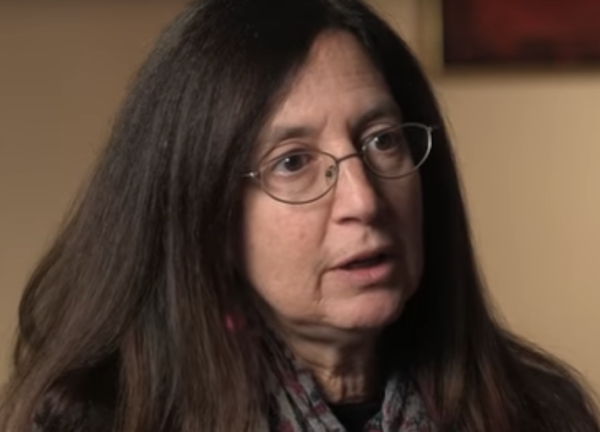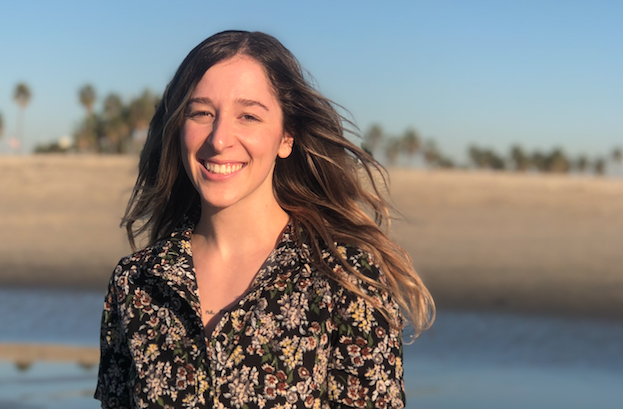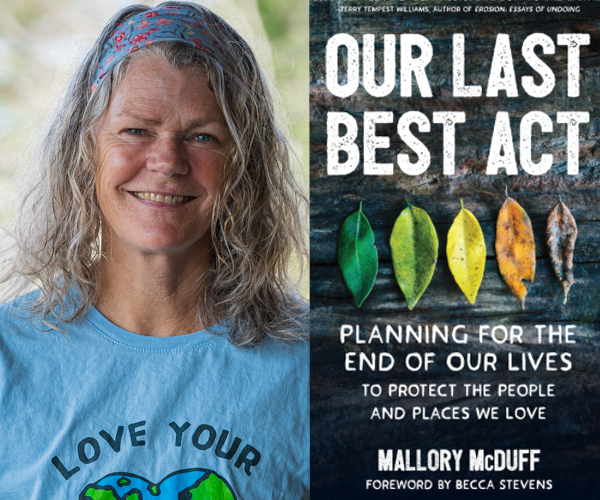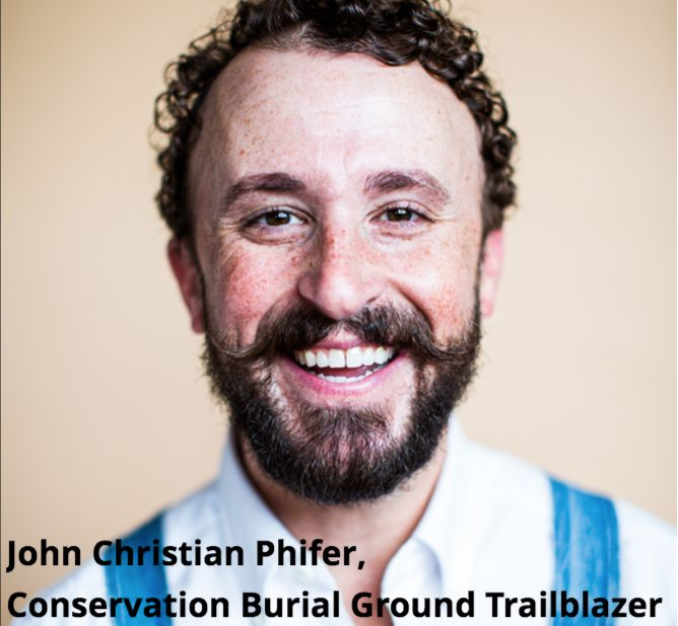Lyla Rothschild, program director of the Ernest Becker Foundation, has been preoccupied with the concept of mortality for as long as she can remember. Lyla completed a degree in psychology and worked for five years as a researcher. After discovering the Ernest Becker Foundation and its empirical research on Terror Management Theory (TMT)), she studied TMT for a year and was amazed to find a connection between our fear of death and our tendencies towards group think, prejudice, and discrimination.
Based on the ideas of anthropologist, Ernest Becker, liberator of a Nazi concentration camp, and Pulitzer prize-winning author of The Denial of Death, the Ernest Becker Foundation raises awareness about how denial and fear of death affects individual and societal behavior.
Some 1500 experimental studies indicate how death can affect the way we live, make decisions, form beliefs, create cultures, structure our societies, and interact with each other - especially those who are different from us. Our strategies for coping with our mortality can lead to acts of hate and violence, but also to noble, altruistic striving.
JOIN LYLA to learn more about the fascinating research on fear and denial of death, how it shapes us and our world.





